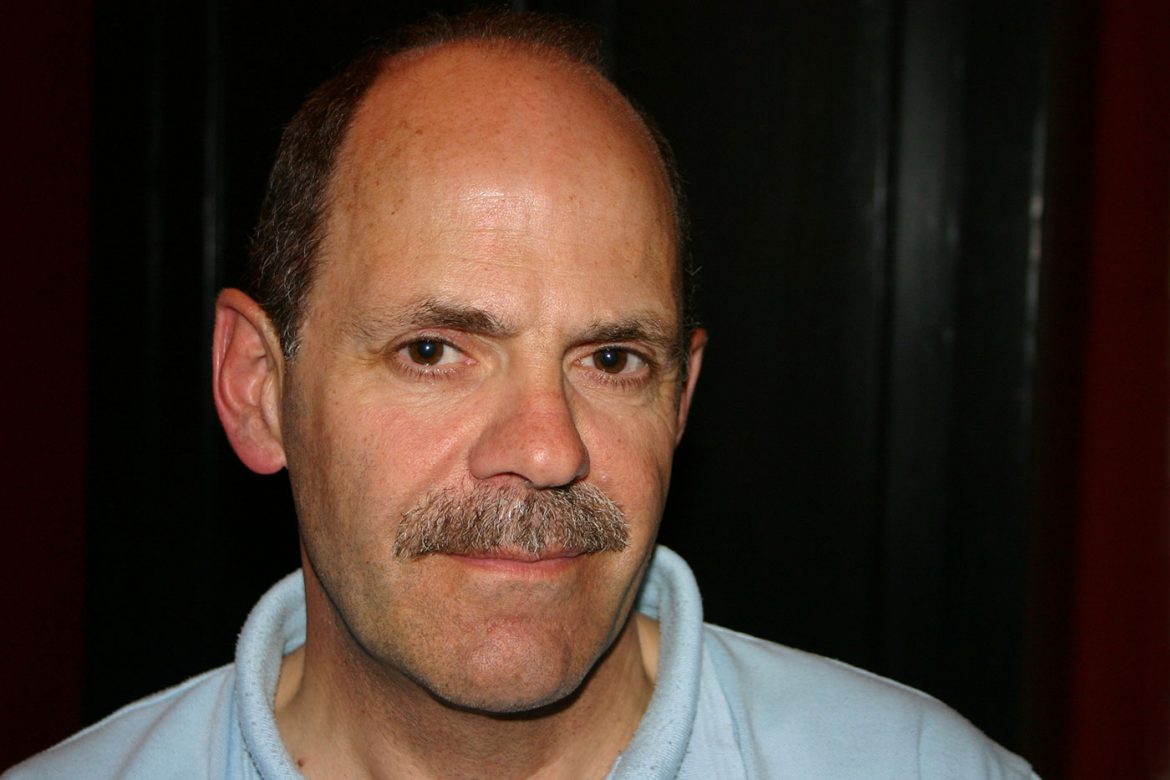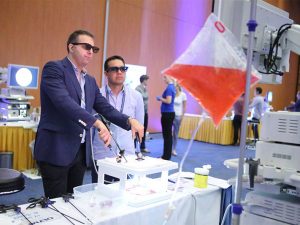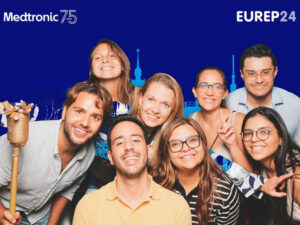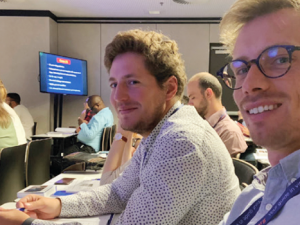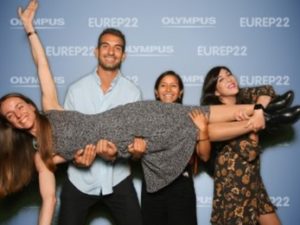Now on its 14th year, the annual European Urology Residents Education Programme (EUREP) has now earned a reliable reputation as the front-line training programme not only among young doctors and urology residents in Europe but also among specialists who are impressed with its compact but comprehensive curriculum.
“The EUREP programme is well-designed and supported by enthusiastic urologists, super-specialised in a part of urology. In one week the residents get a full update of clinical urology, which could help them, for example, pass the FEBU exam,” said Prof. Gert Dohle, faculty member of the European School of Urology (ESU) and final-term EUREP faculty member. Dohle served this year for the last time as EUREP lecturer in andrology, a field that he also represents as member of the EAU Working Group on Male Infertility.
“The atmosphere is always friendly and interactive, giving the residents plenty of opportunities to improve their knowledge and skills. Prague is also a wonderful place for social activities in the evenings, including the barbeque and karaoke on Sunday. I have always found EUREP one of the EAU’s best educational activities,” added Dohle.
For a speciality like andrology which needs more recruits among the ranks of residents and young urologists, Dohle said it is important to provide a stimulating or inspiring introduction.
“As a urologist specialised in andrology, my preference would be to stimulate andrology within urology. Apart from the training during the residency period, fellowships in andrology should be offered, both clinical and scientific fellowships,” Dohle explained when asked how to attract young residents to a specific speciality such as andrology.
To enhance the “promotional” work among young doctors, Dohle said the EAU Section of Andrological Urology (ESAU) where he serves as board member is already collaborating with its partner, the European Academy of Andrology, to organise courses and training in certified andrology centres throughout Europe.
“Currently, we are working on an EU/UEMS-status for board-certified andrologists. Andrology should become a sub-speciality not only for urologists but also for endocrinologist. The advantage is that patients would know which doctor is well-trained in andrology and has the skills to handle andrological problems,” he said.
Asked what areas EUREP could further improve on or highlight in the future, Dohle said EUREP has sufficiently matured over the years and only needs to refine some details.
“The EUREP does not need much improvement since it already meets the expectations of a great course. A short training with questions or a pre-test could be added in the beginning to test the knowledge of the residents. It would be interesting to see if there are many differences in knowledge between the residents from the different European countries. Some modules could also have more case discussions,” he said as he underscored that practical insights are well appreciated by the participants as it helps them manage patients with specific complaints.
Offered and held annually in Prague, Czech Republic, EUREP has five required modules which are presented during the six-day course on a rotating basis, with mornings reserved for state-of-the-art lectures and discussions, videos and test-your-knowledge sessions scheduled in the afternoon. Next year’s EUREP will take place from 1 to 6 September 2017.

